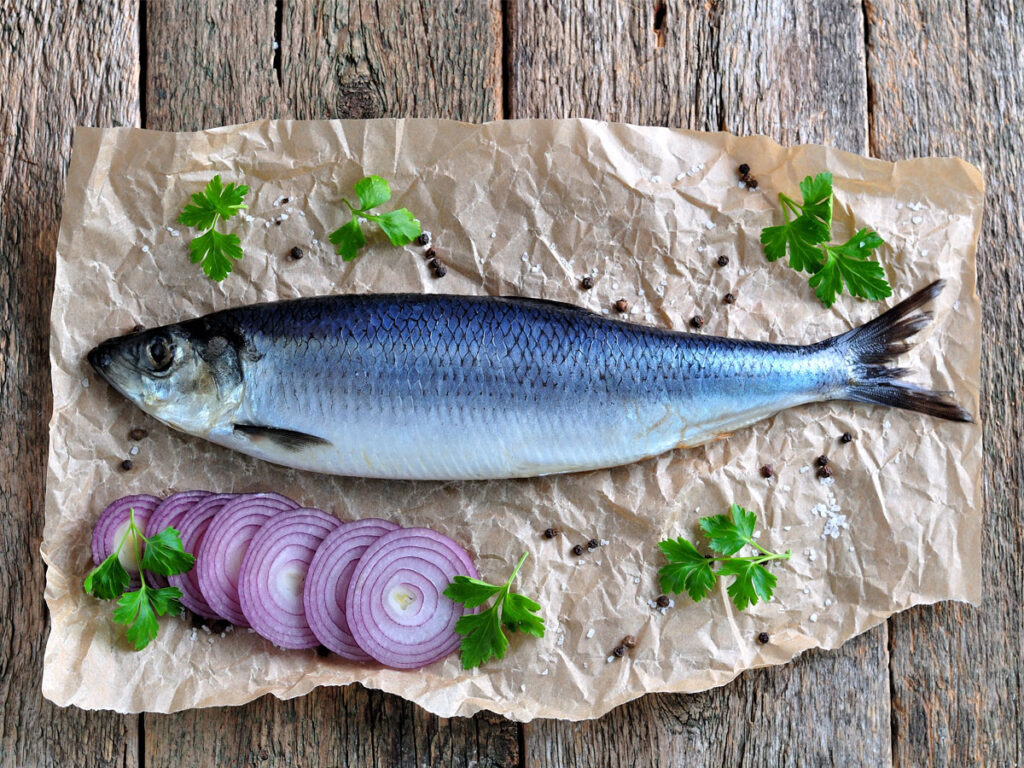
Last updated: 10 May, 2025 @ 12:11
Swapping red meat for ‘forage fish’ such as sardines, herring and anchovies could save up to 750,000 lives a year newly-published data suggests.
Marine forage fish, which are predated by larger fish, are rich in omega-3 long-chain polyunsaturated fatty acids, the intake of which may prevent coronary heart disease, as well as being abundant in calcium and vitamin B12.
They also have the lowest carbon footprint of any animal food source, note the researchers.
However, researchers say that currently three quarters of the forage fish catch, including a significant amount caught off the coasts of countries enduring food insecurity and malnutrition in the Global South, is ground into fishmeal and fish oil – products that are mostly used for fish farming, destined for high income consumers.
Heightened risk of disease
Mounting evidence links red and processed meat consumption with heightened risks of non-communicable disease, which accounted for around 70% of all deaths globally in 2019, say the researchers.
Of these, coronary heart disease, stroke, diabetes, and bowel cancer made up nearly half (44%) of this toll, with coronary artery disease taking the lion’s share.
A forage fish diet
The researchers say swapping red meat for ‘forage fish’, such as herring, sardines, and anchovies, could save up to 750,000 lives a year in 2050 and ‘significantly reduce the prevalence of disability as a result of diet-related disease’.
They say a ‘forage fish diet’ would be ‘especially helpful for low and middle income countries, where these fish are cheap and plentiful, and where the toll taken by heart disease, in particular, is high’.
Raise awareness
“Despite the theoretical potential of forage fish, several barriers, such as fish meal and oil processing, overfishing, climate change, and cultural acceptance may prevent the health benefits of forage fish from being realised,” said the researchers.
Culturally tailored interventions that ‘promote healthy lifestyles, increase family and community support, and raise awareness of the relationship between disease and diet could all enhance the chances of successful behaviour and diet change’, they said.
Read the report
The study has been published in the open access journal BMJ Global Health.
Share – Seafood superheroes: Sardines, herring and anchovies could save your life